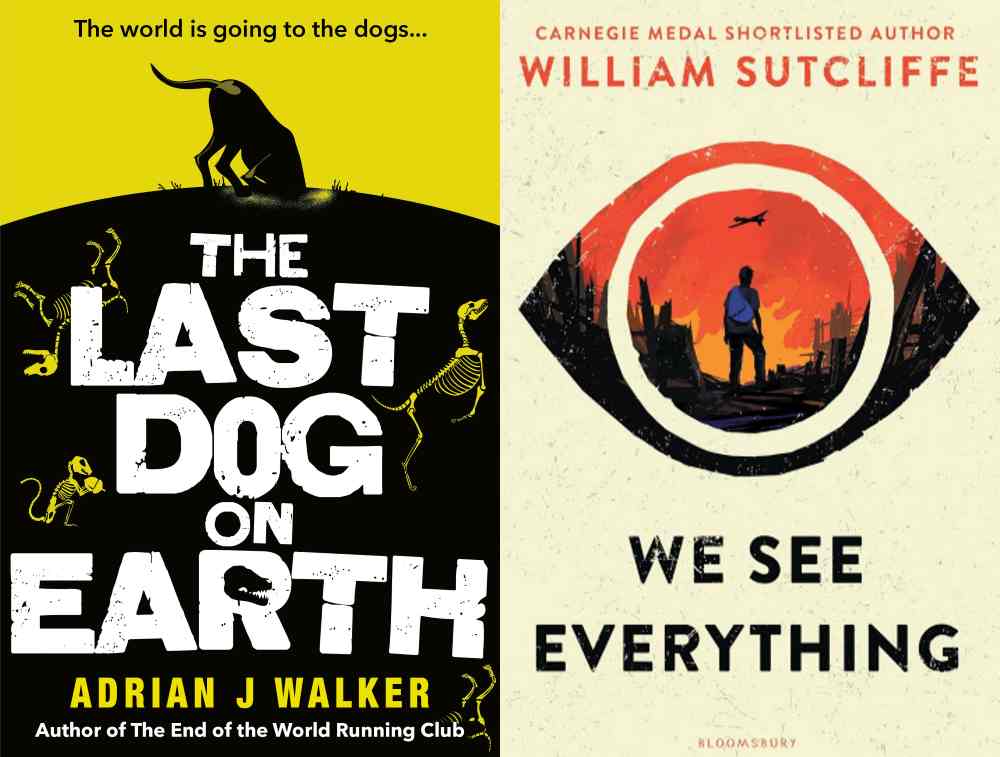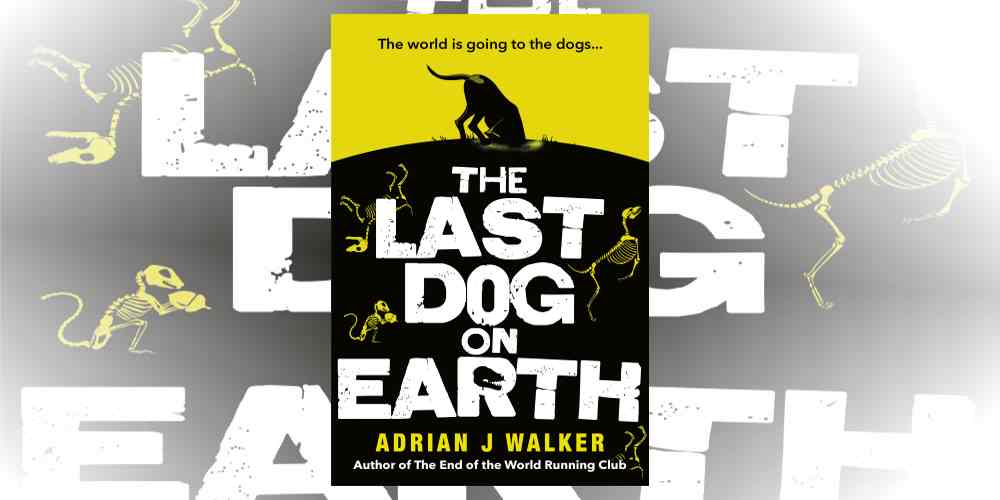 “It’s like buses,” is a common, very Britsh, observation. Your average Brit will probably leave the remark hanging there, making you wonder what on Earth they’re talking about (possibly not for the first time). If you’re lucky, they may complete the rest of the saying, “two come along at once.”
“It’s like buses,” is a common, very Britsh, observation. Your average Brit will probably leave the remark hanging there, making you wonder what on Earth they’re talking about (possibly not for the first time). If you’re lucky, they may complete the rest of the saying, “two come along at once.”
If you’ve ever waited for a bus in London, Manchester, Edinburgh, or Glasgow, you’ll know exactly what they mean. You wait a long time, wondering where the bus has got to, staring forever into a stream of barely moving cars and then, that’s right, two buses come along at once.
You might, if you were lucky, be waiting for a bus on London’s Picadilly. With no sign of one, your gaze may wander to the neon advertising hoardings. The flashing lights might hold your attention for a few moments, but look around you again. What’s that? A bookstore? Yes. A six story, bookstore. The flagship branch of Waterstone’s Booksellers and my spiritual home.
This place is a haven, an oasis of books. Heaven. Fed up with waiting for the public transport, you might decide to peruse omnibuses of a different kind. So cheesed off you may be with this city and its snarled up roads, you might decide to look for a book that features its destruction. You might stumble in vain, trying to find what you are looking for, and just when you’ve despaired of ever doing so–two come along at once.
The Last Dog on Earth by Adrian J Walker and We See Everything by William Sutcliffe are two new books set in a post-apocalyptic London. Both books are set in the near future and feature functional ghettos that exist under the oppression of a totalitarian regime.
 The Last Dog on Earth by Adrian J Walker
The Last Dog on Earth by Adrian J Walker
What is the book about?
London has fallen. Almost nobody lives there. One person who does is Reginald Hardy, with his dog, Lineker. He sits alone in a tower block in Peckham, watching 10 other points of light in a ruined city. Reginald likes to watch. He likes to be alone. Now one of the lights has gone. Beardsley has gone dark.
Reginald survives on canned goods and his skill as an electrician. This enables him to keep a generator running. As the novel opens, something goes wrong with his generator. In order to fix it, he needs to venture outside. This is a big deal for Reginald. He doesn’t like to stray too far from his flat and uses an old map with his territory marked on to define his limits.
Reginald has a dog named Lineker, his sole and constant companion. Much of the story is told through Lineker’s eyes. For a dog, he has a remarkable grasp of language and philosophy. He also swears a lot. Through Lineker, we learn about Reginald and the gradual disintegration of Britain. Through canine observation and Reginald’s diary extracts, we learn that the country is ruled by a powerful charismatic figure who used hate speech to divide and conquer the country.
Whilst searching for his generator parts, Reginald and Lineker encounter a group of government soldiers flushing out “undesirables” hiding in the city. In the ensuing scuffle, a young child is left behind, changing Reginald and Lineker’s lives forever. Reginald can no longer be alone, but as he can’t stand to be touched, how can he help and comfort the child he finds himself saddled with?
Reginald, Lineker, and Aisha set out on a journey that will take Reginald far beyond the comforting borders on his map. They will face hardship and danger and find friends in unlikely places. Reginald will need to face his fears and decide whether the human race is worth trusting or whether it is better to continue life alone.
Why should I read it?
Mainly because of Lineker the dog. The gimmick of a sweary dog narrator could have gone horribly wrong, but Lineker’s observations cement the book together. The book is about interaction and companionship. Lineker’s relationship with his owner and how he perceives his doggy importance to Reginald is central to the success of the novel.
Lineker is incredibly foul-mouthed, so if swearing is not something you like in your reading material, the book is probably best left alone. I found the swearing made Lineker into an endearing but embarrassing uncle figure, particularly with his observations about squirrels and cats.
Like many dystopian novels, The Last Dog on Earth chimes with the politics of today. Walker deftly dissects the politics of personality that currently dominates the political landscape on both sides of the Atlantic. He imagines how fear of the outsider could be used in a most terrible fashion. A charismatic Nigel Farage- like character has come to govern the country on the back of a wave of media popularity.
Whilst the novel is fiction, it isn’t hard to conceive that such a fall could become reality.
It came slowly, with little chinks appearing as if another reality that existed behind the curtain of our daily activity had decided to crawl through. It was nothing spectacular. You saw more heads raised than usual. More nervous eyes met on the street. Bus conversations went on louder and longer than was deemed normal and rang with words that made the ears of passengers prick.
It was the year of an election – the last of its kind, as it turned out – and amidst the usual distant Westminster rhetoric you heard other voices closer to home. These were the fringe campaginers, supporters of strange causes from a post most though had been buried for good.
Time and again in the book Walker hits the nail on the head in cataloging humanity’s capacity to do harm to itself.
“Your greatest accomplishment … was to delve so deeply into the fabric if the universe that you tore it open. You bled out the thing the very thing that held it together. And what was the first thing you did with this enlightment? You vaporised a city. Because you needed to. That’s what you told youselves – Collateral.
You take killing to the next level. You really do.
Throughout the novel, there is a continual juxtaposition of humanity’s need to band together and succor itself with its desire to exempt those who are different. As we learn more about Reginald and his relationship with Lineker, we begin to see how damaged he is.
It was a good bit so my tail wagged. And the rest, as they say … An entire history of good bits.
Not a good bit now, though, not at all. You’re not supposed to lock yourself away. You’re not supposed to hide from the world. Even the wolves know that.
When Aisha arrives in their lives, Reginald must choose whether he is going to overcome the tragedy in his life or whether he is going to leave a young child to survive on her own. The decision he makes, and the subsequent ones made during the rest of the book, are rarely what you might expect.
It’s hard to say much more without spoiling the book, but the further Reginald moves from his flat, the more seismic the changes to his worldview become. As his travails continue we learn more about the events that happened to bring Britain to its knees and the events earlier in his life that made Reginald reclusive. We even discover the reason for his fascination with England’s 1990 (Soccer) World Cup semi-final.
On their journey, the trio finds pockets of resistance. Evidence that society is better together. If there’s a message here, it’s that collectively humanity is greater than when it’s stuck in different silos. Modern life has us living in echo chambers, tailored to deliver exactly what we want to hear. The Last Dog on Earth examines just how dangerous this might be.
It’s all too easy, to band together as a pack of like-minded individuals, not listening to any other point of view. Such bands are easily manipulated into carrying actions they’d never dream of doing alone. Walker’s vision is an extreme, but plausible, view of the consequences of living our lives without empathy for those around us.
“No man is an island,” John Donne wrote in 1624. Despite the world being more connected than ever, it often feels like we’re at a point in human history where Donne’s words have never been more important to heed.
The Last Dog and Earth is a dystopia and a meditation on the importance of companionship. Its characters are well-drawn, particularly the relationship between man and dog. The plot is artfully constructed and heartbreaking in places. The novel is not always easy to read but remains throughout, a very satisfying piece of dystopian fiction.
The Last Dog on Earth is available from Del Rey in the UK and in the US, here.
We See Everything by William Sutcliffe
What is the book about?
Whilst the events of The Last Dog on Earth mainly take place in a strip of land below the River Thames, We See Everything is set in a 3-mile ghetto, perpendicular to that, running North-South through the city. A strip that runs from Hampstead Heath down to Brixton (missing Reginald’s flat by a few hundred meters, I imagine).
The novel consists of two narratives. Lex lives in “The Strip.” As the novel opens he is risking his life, picking fresh blackberries from a bush in the no-man’s land between The Strip and the wall defenses that surround it. Alan lives in the world beyond. He has been recruited into the military, piloting the drones used to keep the “terrorists” inside The Strip under continual surveillance.
The tagline of the book is:
The two young men will never meet, but their lives are destined to collide. Because Alan has just been assigned a high-profile target. Alan knows him only as #K622. But Lex calls him Dad.
Why should I read it?
We See Everything is a quick read, clocking in at around 250 pages and could probably be termed a Young Adult novel. Much like Sutcliffe’s previous novel, Concentr8, We See Everything delivers a thought-provoking social commentary. It also scared the bejesus out of this parent of an almost teen.
The background to Sutcliffe’s dystopia is less well explained than that in The Last Dog on Earth. And that’s OK. It’s not important to the story Sutcliffe wants to tell. Personally, I would like to have known a little more about what brought London to the state of affairs it finds itself in. The chronicling of such a downfall fascinates me, but for the purposes of the novel, the significant thing is the barrier. The artificial delineation between the people on either side. (Sutcliffe also wrote the 2013 novel, The Wall, a fictional representation of the situation in Israel and Palestine.)
We See Everything contains two narratives, each with lots going on. First, it analyzes surveillance culture. It is becoming ever-easier to follow and monitor our lives. Drone technology is only going to improve. It’s not hard to imagine a draconian state following its population around 24/7.
Following on from that, the novel depicts the remote deployment of deadly force. Alan was picked for the job, in part, because of his skill at video games. He had the right skill set to operate the drones. He is used to the simulation of death and destruction. How easy is it to convert this into the real thing?
Both Lex and Alan run into issues with their parents. Alan’s story is possibly the most interesting in this regard. It reveals that there are tensions on his side of the divide too. He and his mother disagree on the nature of the “terrorists” who reside in The Strip. The novel examines alienation and the disaffection of youth, and the way this can be used to push people in a particular direction. In different circumstances this would be termed, radicalisation, yet Alan is deemed a patriot. The parallels Sutcliffe draws between the two are discomfiting.
The two boys (young men) have romantic interests, though the two are in direct contrast to one another. Lex is a far more confident in his own skin than Alan, and this is none so more apparent than in their relations with the opposite sex. It’s Lex’s relationship with a young woman in The Strip that drives his side of the story.
Life inside Sutcliffe’s ghetto is well depicted. It is an enclave under occupation and constant surveillance. Smartphones and social media still exist, all heavily monitored. Against this backdrop, life continues. There is a resistance group within The Strip, but whilst the movement for freedom is central to the lives of the characters in the book, it is incidental to the story.
Instead, the focus is on Lex and Zoe and their blossoming relationship. The terror of lives under occupation and the beauty of discovering love under such harsh conditions is movingly depicted. The interplay between Lex and Zoe reminded me of Malorie Blackman’s YA classic Noughts and Crosses.
Ultimately, the novel is about choices. All the characters in the novel have their choices curtailed, either for real reasons or imagined ones. Sutcliffe examines the difficulty of parenthood as your children become autonomous and you have less influence over their decisions. The pain of trying to set them on the right course, only to have them completely ignore you. As my oldest sets out on his journey into his teenage years, these aspects of the book felt all too real.
We See Everything plays with the idea that we are the sum of our choices, and even the briefest moment of indecision or turning left instead of right can have major repercussions.
Both We See Everything and The Last Dog on Earth do everything good fiction should. They entertain whilst making you think about the world around you. Both of them stress that in difficult times it’s best to try to understand those around you, rather than alienate yourself from them.
Different in tone but similar in theme, these are two excellent books that should captivate the attention whilst you’re waiting for those buses to come along.
We See Everything is available from Bloomsbury, in the UK, and in the US, here. It is released on September 21st, 2017.
Disclaimer: I received copies of both these books in order to write this review.





